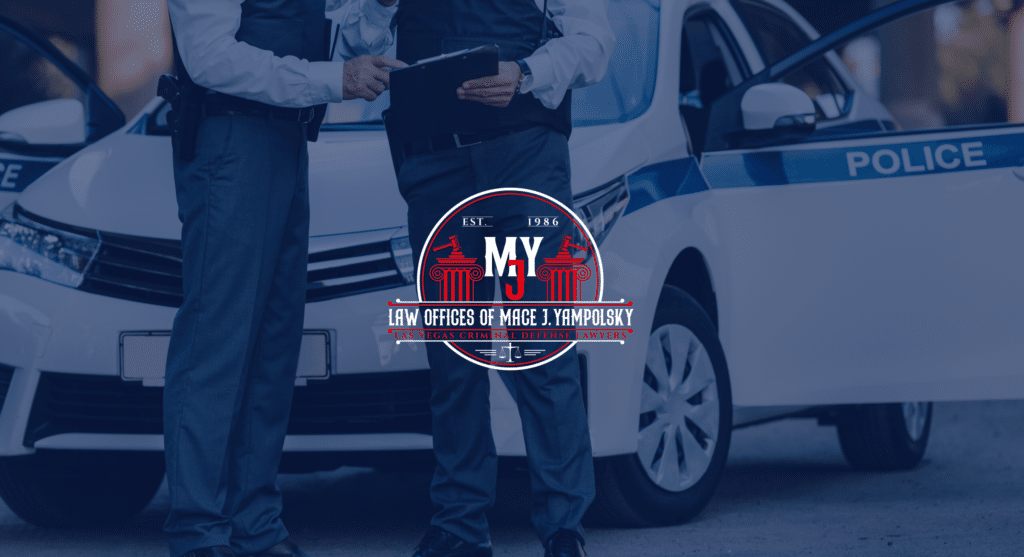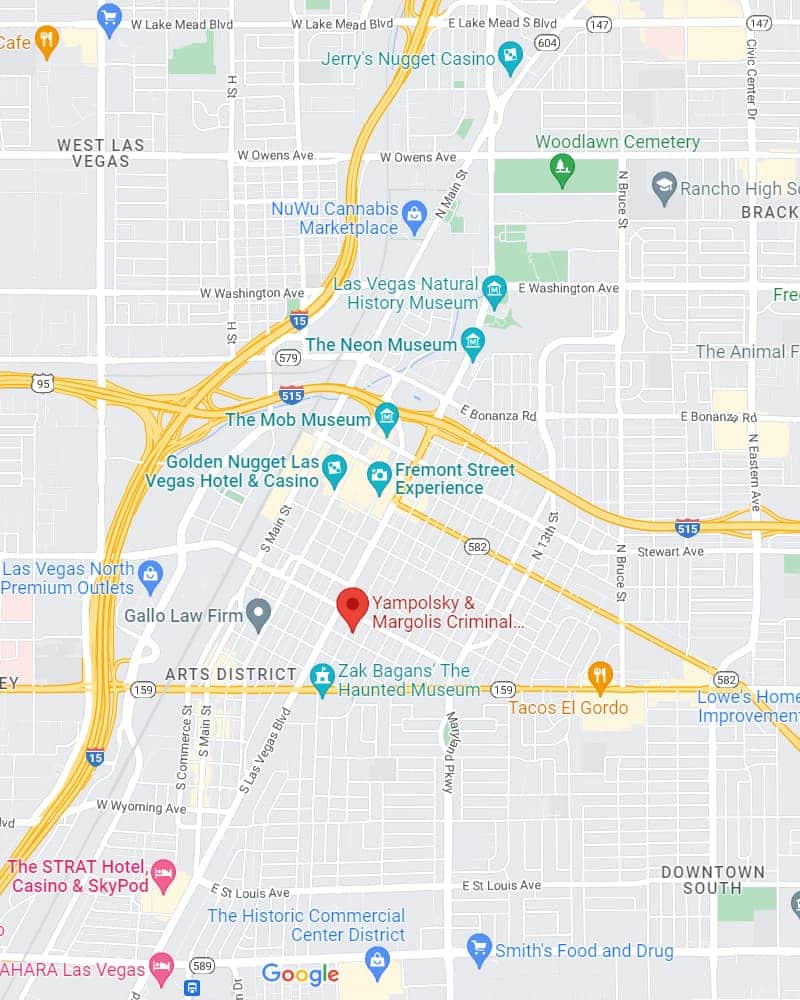In addition to being charged by complaint, you can be charged by an indictment, which means that your case is presented to a grand jury of 18 to 23 people. The prosecutor would present their evidence and the defense lawyer is not allowed to say anything, though the client can testify. However, that is not usually a good idea, and I always advise my clients not to attend.






